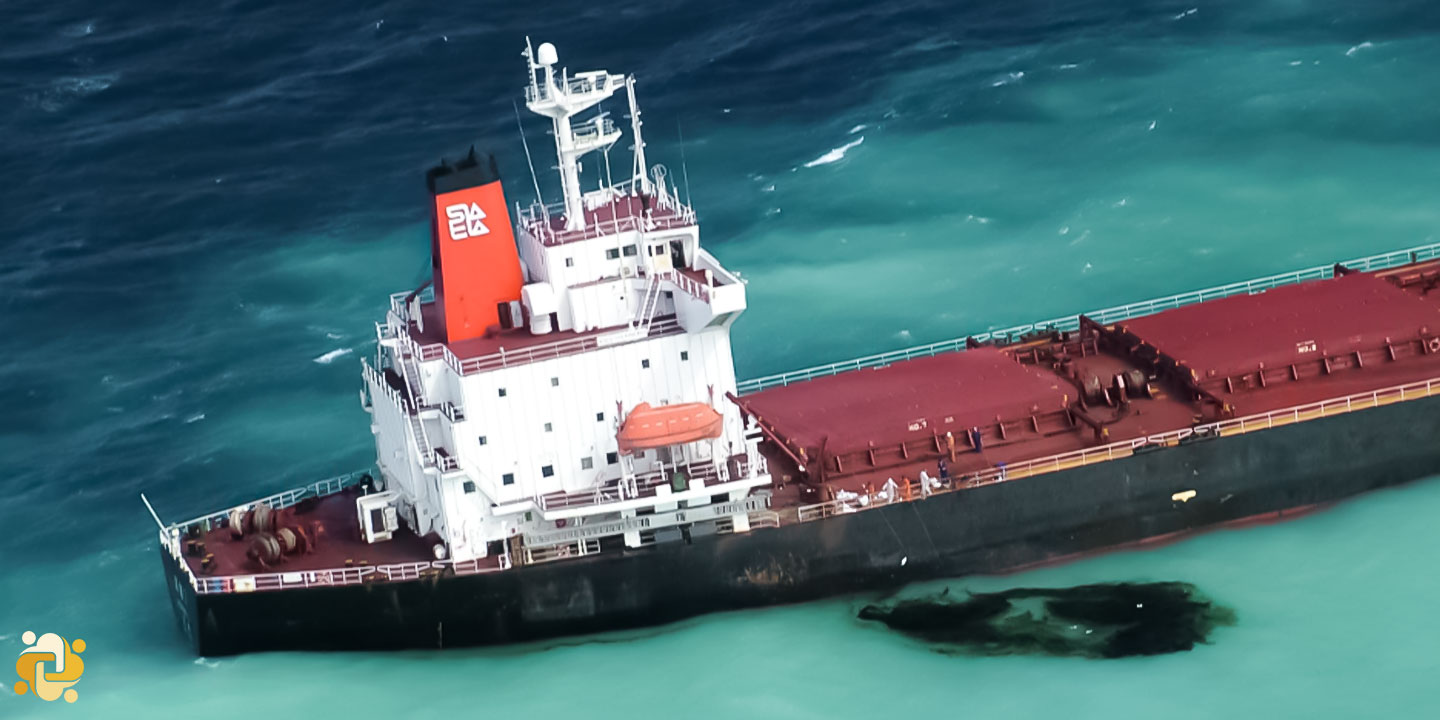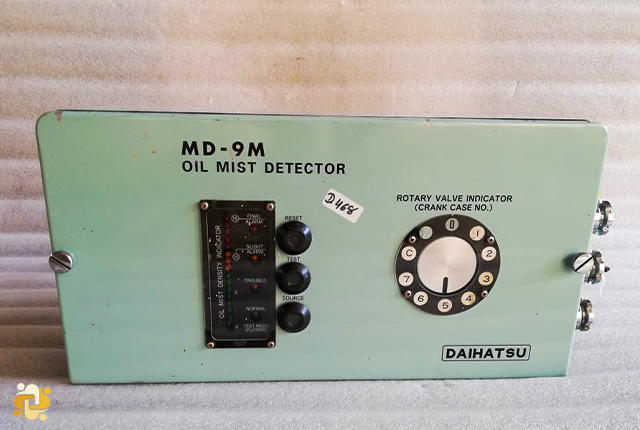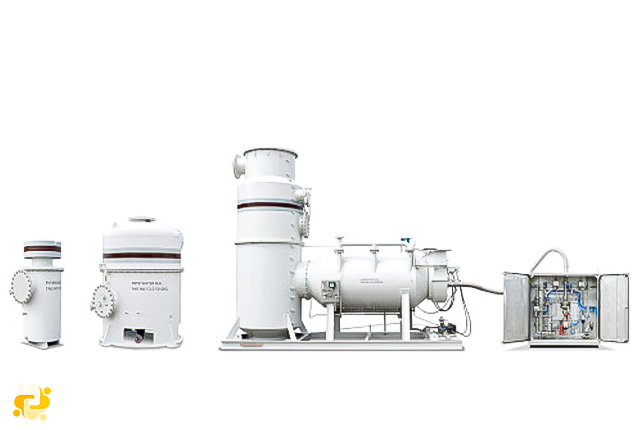
Oil Record Book
Two Oil Record Books, part I and II shall be provided for every oil tanker of 150 gross tonnages and above and an Oil Record Book part I for every ship of 400 gross tonnages and above other than an oil tanker.
This is necessary in order for authorities to be able to monitor if a vessel’s crew has performed any illegal oil discharge at sea. All officers and crew onboard need to recognize that recording of ORB is required by the rules and the records are critical.
The Oil Record Book shall be completed on each occasion, on a tank to tank basis if appropriate, whenever any of the following operations take place in the ship:
- for machinery space operation
- Ballasting or cleaning of oil fuel tanks;
- Discharge of dirty ballast or cleaning water from tanks
- Disposal of oily residues (sludge);
- Discharge overboard or disposal otherwise of bilge water which has accumulated in machinery spaces.
- for cargo/ballast operations (oil tankers):
- Loading of oil cargo;
- Internal transfer of oil cargo during voyage;
- Unloading of oil cargo;
- Ballasting of cargo tanks and dedicated clean ballast tanks;
- Cleaning of cargo tanks including crude oil washing;
- Discharge of ballast except from segregated ballast tanks;
- Discharge of water from slop tanks;
- Closing of all applicable valves or similar devices after slop tank discharge operations;
- Closing of valves necessary for isolation of dedicated clean ballast tanks from cargo and stripping lines after slop tank discharge operations;
- Disposal of residues.
Each completed operation shall be signed by the officer or officers in charge of the operations concerned and each completed page shall be signed by the master of the ship. The Oil Record Book shall be preserved for a period of three years after the last entry has been made.
In the event of accidental or other exceptional discharge of oil or oily mixture, a statement shall be made in the Oil Record Book.

Any failure of the oil filtering equipment or ODMC shall be fully recorded without delay in the Oil Record Book. The entries in the Oil Record Book shall be at least in English, French or Spanish.
All entries in the ORB have to be recorded with indelible ink. In case wrong entry has been recorded in the ORB, it should be struck through immediately by a single line such that wrong entry can still be read. It is not permitted to leave any full lines empty between entries (it might possibly become a target of suspicion, with a full line giving space to add a false entry for the purpose of modifying the record.)

ORB Entries must be in accordance with IOPP Certificate, such as:
- Tank nomenclature
- Capacity of the tank
- Oily water separator discharge must not exceed the value shown in the certificate
Every effort must be made to ensure that the correct date, code letter, item number, record of operations and signatures are entered when making the ORB entry. Al five items are required to be entered before the entry can be considered to be complete.
- The flag state requires that the (i) Date (ii) Code letter (iii) Item number and (iv) Record of operations clearly identify the potential pollutant and the associated operation which has been carried out, with (v) signature of officer in charge.
- With above required information given, the requirement of the ORB entry has been satisfied.
It is essential that the appropriate code letters are assigned, in order to identify the type of liquid being transferred. The item number must be chosen with great care, as experience has shown that the item number is often differently interpreted by third parties. Care must be taken to ensure that the record clearly identifies the exact operation which has been carried out. Supporting relevant information such as quantity, start and stop time, position etc. must be supplied as required.
The Oil Record Book may be written as an electronic record book which shall be approved by the Administration taking into account Res.MEPC.314 (74) and the Guidelines (Res.MEPC.312 (74)) developed by the Organization.
Specific Guidelines for Masters and Chief Engineers
- ORB must be duly recorded and signed (after each completed entry, both duty engineer and Chief engineer to sign)
- Master to sign each completed page.
- The ORB part I should be shown to the PSC (or any authorized person) in the presence of the chief engineer and all the questions related to the entries made, must be answered directly by him.
- The ORB part I is kept in the personal custody of the chief engineer and he is responsible for the proper upkeep of the oil record books.
- Certificate and instruction manuals of following equipment’s must be readily available with the chief engineer.
- 15ppm bilge separator
- Oil content monitor
- Automatic stopping device
- Waste Oil incinerator
- Aux boiler in case if used for waster oil incineration
- ODMCS
- The IOPP certificate and supplement must be readily available with chief engineer for cross verification with the ORB by the PSC inspector.
- The receipts obtained after discharging waste oil or dirty water to shore facilities must be kept in the safe custody of the chief engineer, attached to ORB.
- Shore facility discharging receipt
- Main engine air cooler condensation can be large quantity especially in tropical climates. (Please ensure that this water is disposed through 15ppm equipment unless there is dedicated clean water tank for collecting this clean water.)
- A copy of schematic pipeline diagram for bilge and sludge system should be displayed near OWS and one additional copy should be available with the chief engineer for reference. The same is applicable for ODMCS which should be available with chief officer.
- At least one spare new copy of ORB must be available onboard.
For more information, please visit here.







